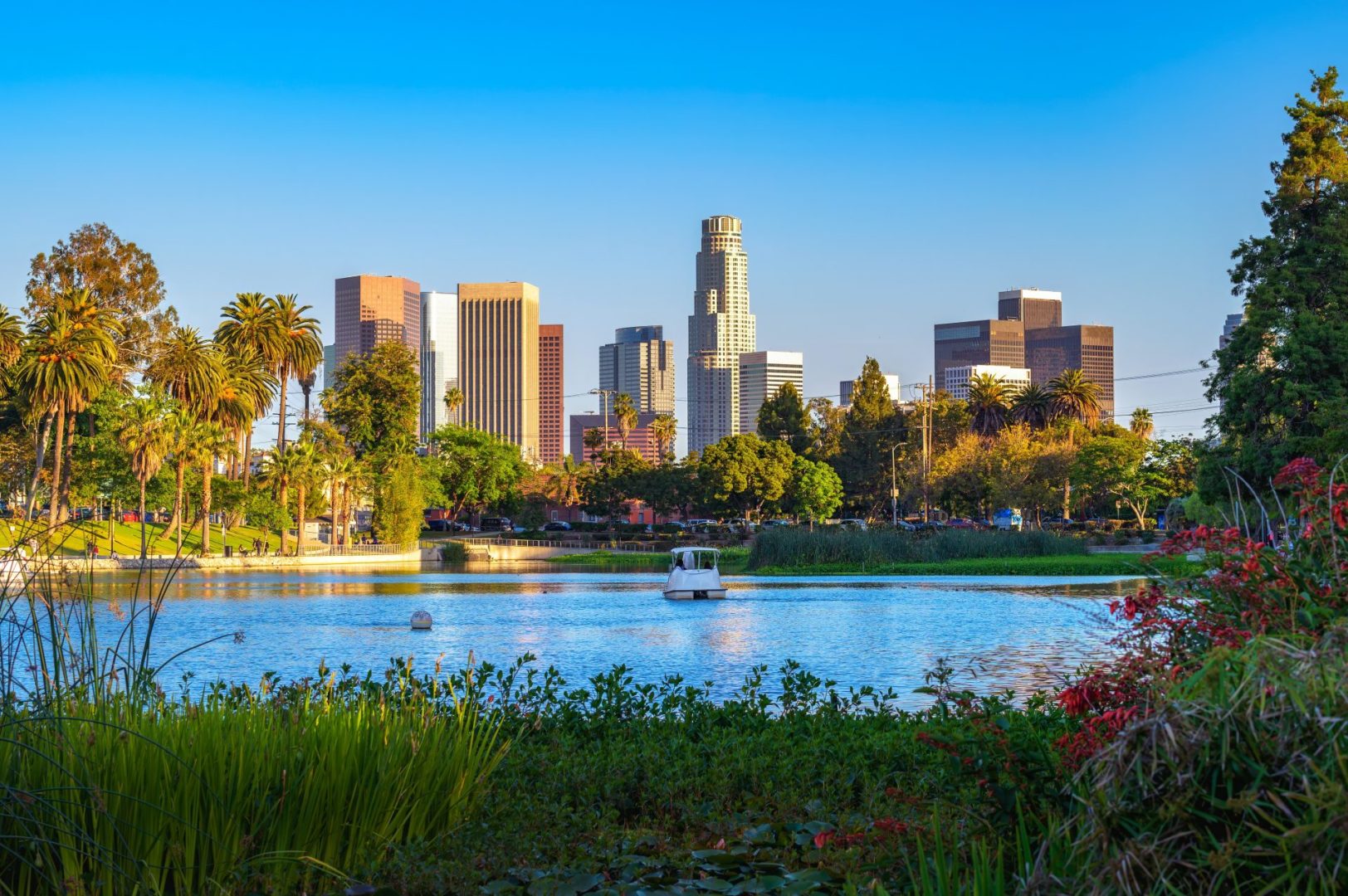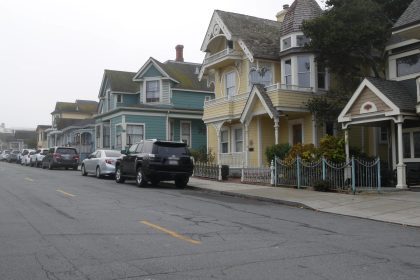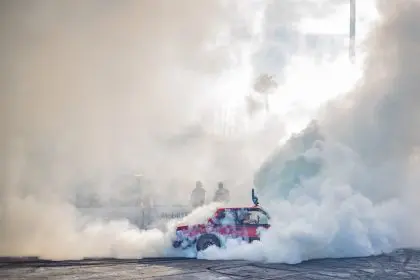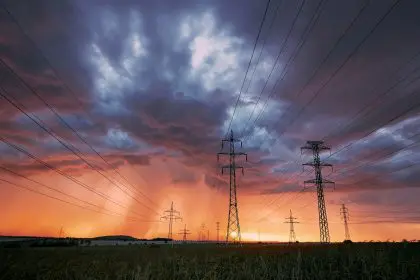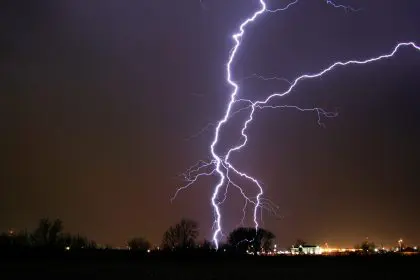The recent California wildfires have unleashed unprecedented devastation across Los Angeles since January 7, forcing thousands to abandon their homes and belongings. As communities grapple with this crisis, numerous organizations have mobilized to provide crucial assistance. The destruction extends beyond residential areas, affecting schools, businesses, and entire community networks. Weather forecasts predict dangerous winds that could potentially worsen existing fires and spark new outbreaks, making immediate support even more critical.
Supporting families and children through crisis
In times of natural disasters, children often bear the heaviest emotional burden. Baby2Baby has emerged as a crucial lifeline for families, establishing an extensive network that delivers essential supplies directly to affected areas. Their comprehensive approach ensures that infants and children receive critical items like diapers, formula, and food at shelters and temporary housing locations. Working alongside them, Malibu’s Boys and Girls Clubs have transformed their facilities into vital support hubs, offering professional counseling services at no cost while implementing an emergency grant program for immediate family relief.
Project Camp brings an innovative solution through their trauma-informed day camps specifically designed for children affected by the Palisades and Eaton fires. These specialized programs provide children with a safe space to process their experiences while allowing parents to focus on critical recovery efforts. Their approach combines emotional support with practical assistance, creating a holistic support system for affected families.
Immediate financial assistance and resource distribution
Understanding the urgent need for immediate support, several organizations have implemented direct assistance programs. GiveDirectly has pioneered a streamlined approach to crisis support, providing substantial cash payments between $3000 and $4000 to eligible residents in affected areas. This direct financial assistance allows families to address their most pressing needs without bureaucratic delays, whether it’s securing temporary housing or replacing essential items lost in the fires.
The strategic partnership between Global Empowerment Mission and bstrong has revolutionized emergency response through their efficient distribution of emergency cash cards. This system enables evacuated residents to maintain some autonomy in their crisis response, choosing how best to allocate resources for their specific situations. Meanwhile, GoFundMe’s Wildfire Recovery Fund has established a rapid-response grant system, providing $1000 emergency funds to verified households that have lost their homes or property.
Community support networks and food security
The Los Angeles Regional Food Bank has activated its extensive network of over 600 partner agencies to ensure consistent food distribution to impacted households. Their comprehensive approach includes not only immediate food relief but also long-term support for communities as they begin the rebuilding process. Instacart’s innovative Community Carts platform has enhanced these efforts by enabling direct purchase and delivery of essential items to YMCA initiatives serving affected areas.
First responders and emergency services
The backbone of wildfire response lies with our dedicated first responders. The California Fire Foundation maintains its vital mission of supporting both firefighters and fire survivors through various assistance programs, ensuring that those on the frontlines have the resources they need to combat these devastating fires effectively. The Los Angeles Fire Department Foundation plays a crucial role in equipping first responders with essential tools and supplies, while Watch Duty provides real-time wildfire updates through its dedicated volunteer network, helping communities stay informed and safe during crisis situations.
Supporting vulnerable workers and communities
The impact of wildfires extends deeply into the workforce, particularly affecting outdoor and domestic workers. Inclusive Action for the City has recognized this need by launching a targeted assistance program providing $500 grants to outdoor workers whose livelihoods have been disrupted by the fires. The National Domestic Workers Alliance has activated its We Care fund to support organizations assisting domestic workers impacted by this natural disaster, ensuring that often-overlooked communities receive necessary support during this crisis.
Animal welfare and protection efforts
In natural disasters, animals often face unique vulnerabilities. The Pasadena Humane Society has stepped up to this challenge by expanding its capacity to accommodate hundreds of displaced animals, operating around the clock to ensure their safety and care. Their efforts include providing emergency shelter, food, and medical care for pets separated from their families during evacuations. The American Humane Society’s emergency rescue team has implemented strategic shelter animal relocations to create space for displaced pets, while also providing essential resources for pet owners affected by the fires.
Long-term recovery and community resilience
As Los Angeles continues to battle these devastating wildfires, the focus must extend beyond immediate relief to long-term recovery and community resilience. These organizations demonstrate the powerful impact of coordinated community support, but their effectiveness depends on sustained engagement from donors and volunteers. The road to recovery will be long, but through collective effort and continued support, affected communities can begin to rebuild and heal.
The impact of these wildfires serves as a stark reminder of our community’s vulnerability to natural disasters, but it also highlights our remarkable capacity for unity and support in times of crisis. Whether through financial contributions, volunteer work, or spreading awareness, every person has the power to contribute to the recovery and rebuilding of affected communities. As we witness the devastating effects of these fires, it becomes clear that our collective response will shape not only the immediate relief efforts but also the long-term resilience of our communities.

